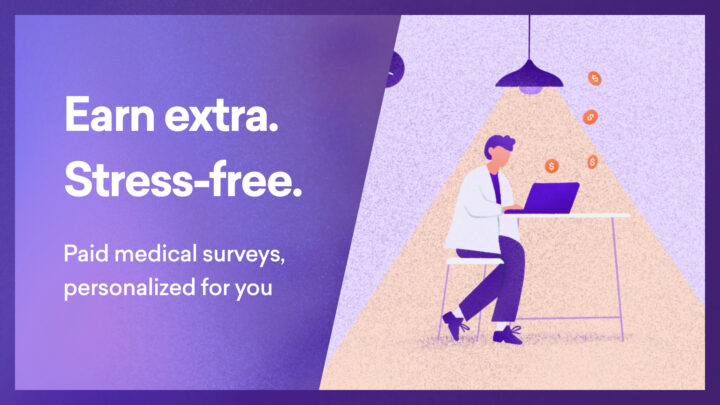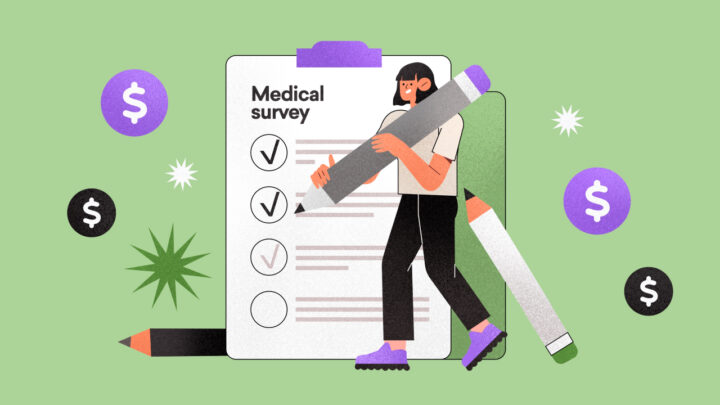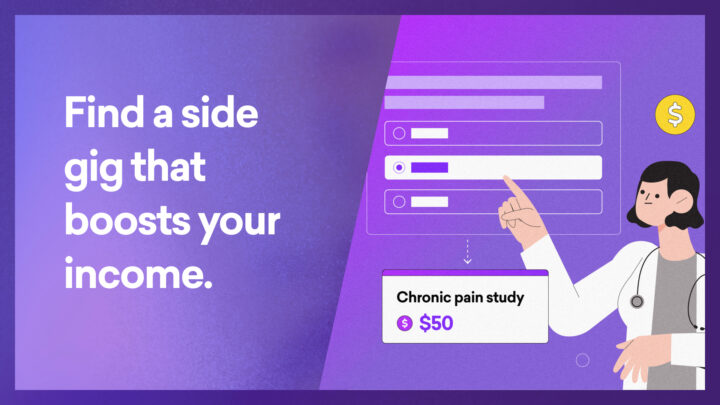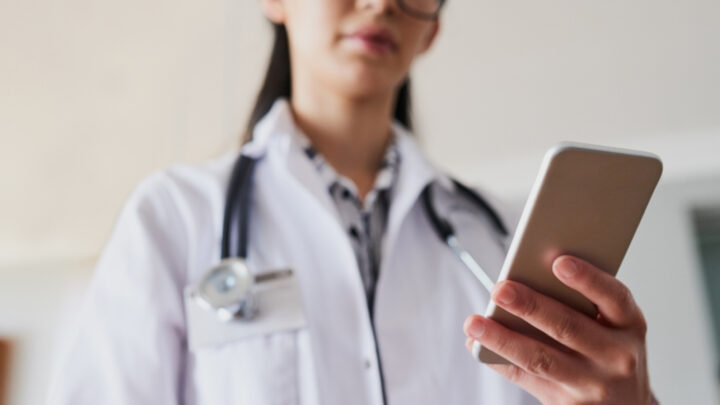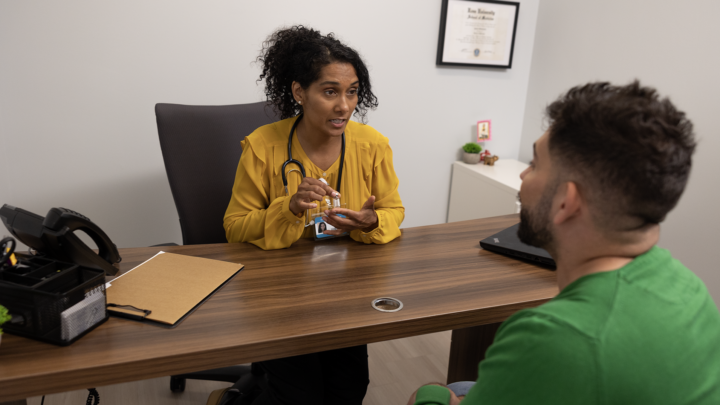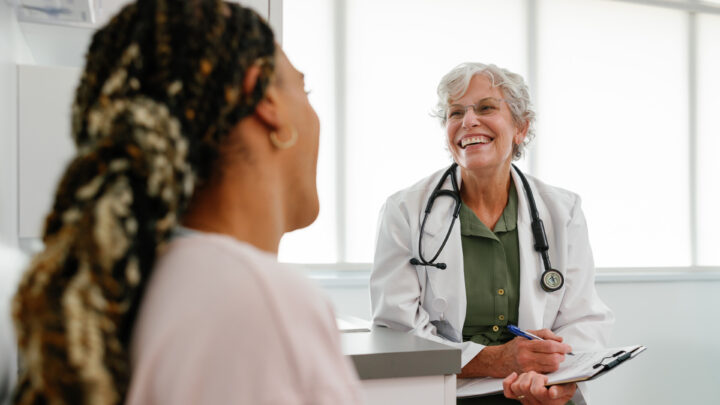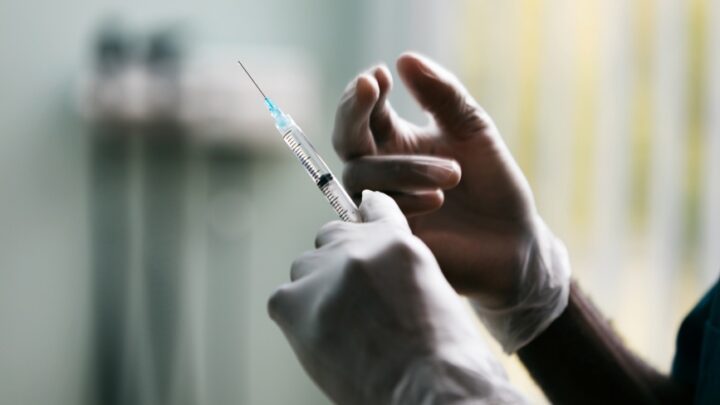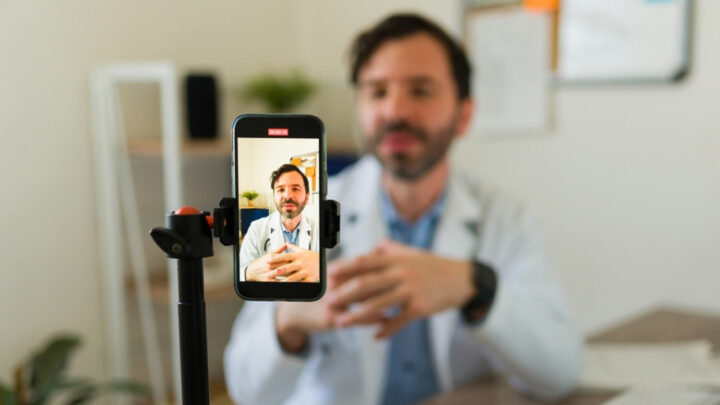
According to UC San Diego Health, “the SARS-CoV-2 virus was likely circulating undetected for at most two months before the first human cases of COVID-19 were described in Wuhan, China in late-December 2019.” That estimation means that October 2021 marks the two-year anniversary of the virus actively circulating among us.
The COVID pandemic also marks the beginning of the first true social media ‘infodemic’ where information and misinformation have spread at unprecedented rates, most recently around COVID-19 vaccinations, according to MIT Technology Review.
In an effort to reduce the spread of misinformation, major social media platforms such as Instagram rolled out new features in December 2020, including links to local health authorities, blocking hashtags that contain vaccine misinformation, and linking to health authorities such as the CDC and WHO, reported the Verge.
However, five months later, a global physician survey by Sermo in May 2021 found that 60% of physicians still attributed vaccine hesitancy among patients to misinformation. In September, YouTube announced they will remove misinformation about any approved vaccine, not just COVID. As of September 2021, the CDC reports about only 55% of the total US population has been fully vaccinated.
While health literacy—such as handwashing—is accepted among the general population, social media health literacy is in its infancy.
In a recent poll of 200+ global Sermo physicians, 80% said they believe social media health literacy needs to be taught in the same way we teach and reinforce health literacy—such as washing hands. And 83% believe medical schools should now include social media health training, to address patient concerns.
When asked what impact they believe social media has had on their ability to treat patients during the COVID pandemic, here’s how the physicians responded:
- 52% said mostly negative: the negative impact of social media has outweighed positive benefits.
- 27% said neither: there were positives and negatives—it balanced out.
- 21% said mostly positive: the positive impact of social media has outweighed the negative.
When asked what they believe social media organizations should have done differently once COVID was declared a public health emergency, here’s how the physicians responded:
- 30% said prioritize public health organization messages sooner, over posts based on engagement and popularity.
- 26% said track and remove all misinformation, and ban multiple offenders sooner.
- 16% said nothing—social media is a public forum and should not interfere with free speech.
- 10% said track and remove only the most dangerous misinformation sooner.
- 8% said increase human monitors working remotely over AI monitors, preventing the spread of misinformation, especially in COVID hotspots.
- 7% said engage their influencer ‘celebrities’ to share public health messages and link to credible health organizations.
Here’s more of what Sermo physicians had to say on this topic:
In short, social networks are important sources that are in your daily life, although everything is not perfect I think that without them [there still] would be in misinformation.
Radiology, Mexico
It is necessary to continue educating the population …. this pandemic has brought many lessons, it has shown us that we will never be sufficiently prepared and that it is necessary to continue learning.
General Practice, Venezuela
Even today misinterpretation and misinformation is spread on social media.
Neurology, India
The pandemic should make a call for conscience, that despite believing that we are very advanced thanks to social networks and technologies, a simple virus kills thousands of lives.
General Practice, Venezuela
Social media has a great impact on health.
General Practice, Nigeria
Social media is our new “town square “. We need Freedom of speech above all. We also need responsible and accurate retorts to misinformation not banishment of it. There are complex issues to most debates so freedom of information & opinions must be respected but not always taken.
Orthopedic Surgery, U.S.
I think it’s very important to use some college time to prepare the medical students for misinformation.
Endocrinology, Brazil
Social networks play a fundamental role in communication in these times.
General Practice, Venezuela
Social media could be both highly valuable or misleading, according to several variables, like ability to understand/interpret posted data by communities (mostly based in education) or credibility of the publisher.”
Oncology, Argentina
Who are the physicians behind the 2-year anniversary of the 1st social media “infodemic?
This exclusive content is powered by physician insights from the Sermo social platform. Sermo members contributed across many specialties and countries.
Everyday thousands of Sermo member physicians from diverse backgrounds and experiences exchange knowledge with each other. Sermo is the original medical social network that empowers today’s physicians. Over 1 million fully verified physicians across more than 150 countries come to our platform to talk with peers, participate in paid medical studies, solve challenging patient cases, contribute to the world’s largest database of drug ratings – and enjoy a few laughs along the way.
Interested in more? Check back any time and follow us on Facebook, Twitter, and LinkedIn for the latest and greatest in physician insights.
